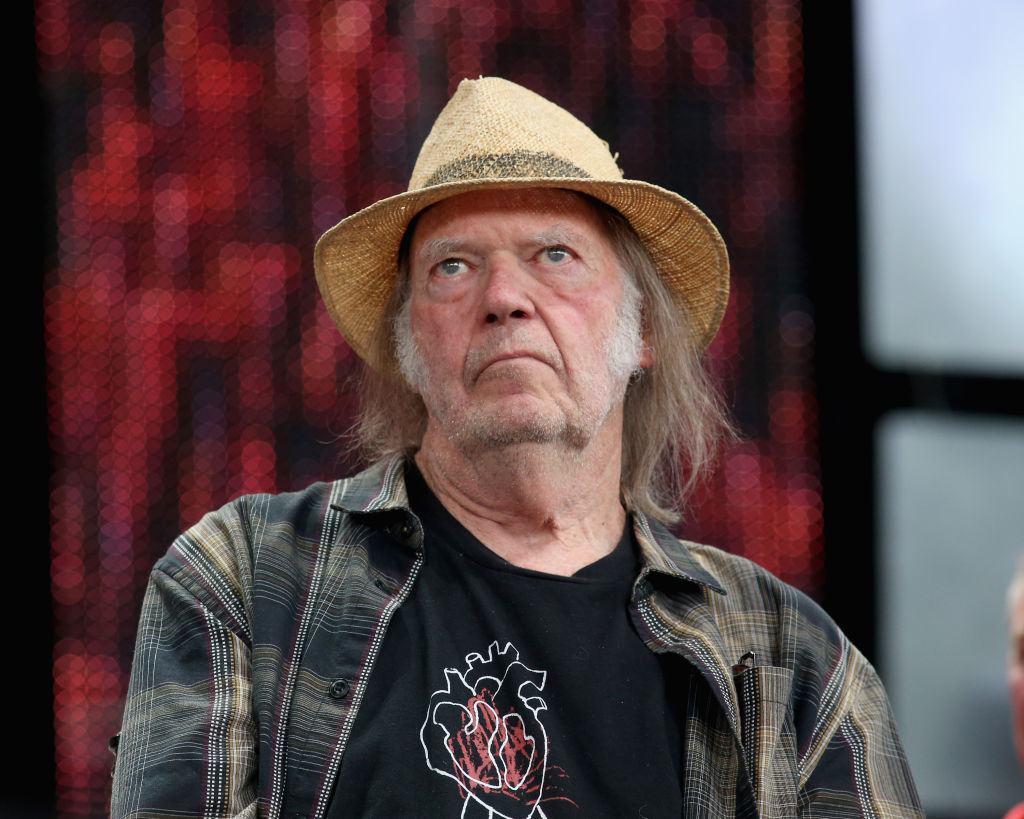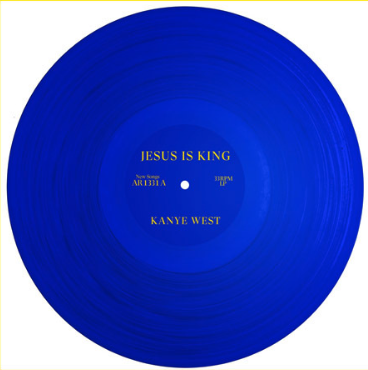The securitization of so-called hate speech.
Rockin’ in the Slave World

Hope I die before I get old.
Neil Young, the classic rock celebrity, issued an ultimatum to Spotify, threatening to quit the music sharing app unless it removes the controversial podcaster Joe Rogan. Spotify obliged and pulled the plug on Neil, who in a truly rockin’ mood has urged his fans to follow him to Amazon, where he promises “all new listeners will get four months free.”
It’s not just that sixties rockers, who spun an aura of authenticity against their parents’ hypocrises, are not living up to their own values, or that baby boomers are cannibalizing the young. The problem is that rock-n-roll, the most liberating cultural force of the twentieth century, is dead. The sound that once carried the libertarian Anglo-Saxon tradition around the world went out with a whimper. Last week, one of its icons put a mirror to its mouth and it didn’t fog.
Once upon a time, rock-n-rollers were larger than life figures. In 1966, John Lennon declared that his band was “more popular than Jesus”; not only did The Beatles easily weather the controversy, but the following year saw the music- and drug-fueled Summer of Love, and soon after a million hippies rolled in the mud at a festival in rural New York. The age of Aquarius had arrived and music was going to save the world.
The forces that made rock-n-roll great were the same forces that made America great, namely the bottom-up energy of affluent, mobile self-starters. It crystallized in a particular setting, the detached homes of the middle class where teen boys worked on cars and sometimes picked up guitars. Across the Pond, it’s worth noting, both John Lennon and Paul McCartney grew up in detached homes, which, anyway, has been the preferred arrangement of Anglo-Saxons since time immemorial.
A neighborhood of stand-alone homes is forgiving of idiosyncrasies like loud noise. Suburban living requires a car and a garage, and that’s where rock-n-roll comes in, again. Stripped of dynamics, rock is ideally suited for driving. Classical pieces may whisper and then scream and then whisper into the listener’s ear again, but rock songs are loud from beginning to the end.
Rock culture was drawn from the willingness of tens of thousands of men driving their junky vans to clubs miles away. Without the automobile civilization in which every adult is expected to have a driver’s license and boys learn to fix cars, this kind of freedom would not exist.
We are likely living through the final years of the arrangement that birthed the genre. Top-down changes at the federal level are slated to funnel Americans into high-density neighborhoods. Meantime, countercultural types believe that cars are evil and slaver over mass transit. Worst of all, young people today are screen-bound products of helicopter parenting who show little interest in driving. It’s a new way to come of age in America.
Car ownership severely limits parental ability to control a teen. When rock legends sang about freedom, they sang for the post-World War Two generations whose personal liberation arrived with their first set of car keys. The liberationist message felt authentic and resonated with the people who lacked these opportunities.
Neil Young, who now looks more decrepit than Joe Biden, was once a channel projecting the cultural confidence to declare himself a seeker for a heart of gold. Now he takes a stand on behalf of Big Pharma, pseudo-scientific hygienic mandates, and the unquestioned authority of the state against a podcaster who offers conversation and consideration of received wisdom.
The Age of Aquarius served its purpose; it’s over. The America where a young man can pick up a bass, get together with a few buddies, come up with some good ideas, buy a used van and go is a thing of nostalgia. Creative energy had its moment; we are regurgitating the old ideas. Where will imagination take America next?
The American Mind presents a range of perspectives. Views are writers’ own and do not necessarily represent those of The Claremont Institute.
The American Mind is a publication of the Claremont Institute, a non-profit 501(c)(3) organization, dedicated to restoring the principles of the American Founding to their rightful, preeminent authority in our national life. Interested in supporting our work? Gifts to the Claremont Institute are tax-deductible.
Blinking in disbelief, Christians are realizing that “Jesus Is King” means what it says.
A view of the modern panopticon.



